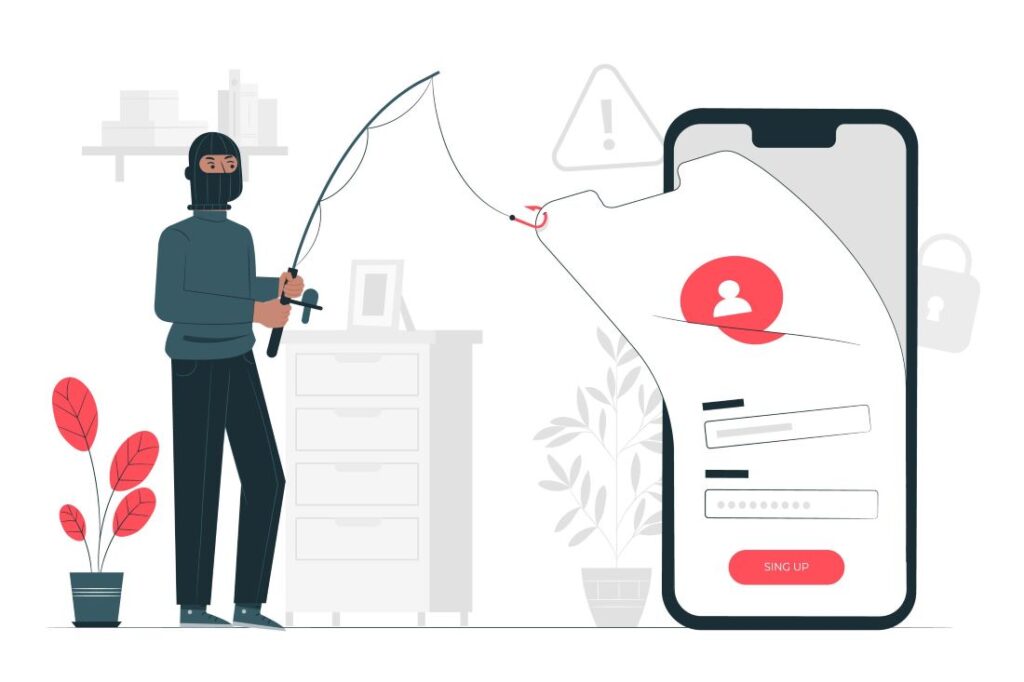Finding out that your identity has been compromised can be frightening. Anyone who steals your personal information can use it to open accounts, take out loans, or commit fraud in your name.
If you live in California and this has happened to you, there are steps that you can take to protect yourself. Prompt action helps in avoiding any further damage. Here’s what you need to do.

1. Report the Identity Theft Immediately
As soon as you realize your identity has been stolen, report it. First, contact the Federal Trade Commission (FTC). You can do this online at IdentityTheft.gov. The FTC will provide a recovery plan and an official report that assists in dealing with creditors and law enforcement.
Next, report the theft to the police. Go to your local police station and file a report. Bring with you a copy of the FTC report, identification, and evidence of the theft. The police are not likely to catch the thief, but the police report will help you deal with financial institutions.
2. Notify the California Attorney General
The California Attorney General’s office considers grievances related to identity theft and offers useful resources for resolving them. You can file a complaint online at their website, which also details some important steps to follow and outlines additional protections under California law.
For extra support, consult a California identity theft victim lawyer. They will help you not to miss anything while filing your complaint and take care of the necessary legal procedures.
3. Place a Fraud Alert on Your Credit Report
Contact any of the three major credit reporting agencies, Experian, Equifax, or TransUnion, and then ask them to put a fraud alert on your report. Once one of them places the fraud alert, the other bureaus are automatically notified. A fraud alert is a notice to creditors that they should be extra cautious before opening new accounts in your name.
If you want stronger protection, consider placing a credit freeze. A freeze prevents new creditors from getting access to your credit report. Thus, it makes it rather difficult for thieves to open an account under your name. This freeze would need to be requested separately to all credit bureaus.
4. Review Your Credit Reports and Financial Statements
Review your credit reports for unfamiliar accounts or charges. You can get a free copy of your credit report from each of the big bureaus at AnnualCreditReport.com. Look for signs of fraud, such as accounts you don’t recognize, loans you didn’t apply for, or incorrect personal data.
In addition to your credit report, closely examine your bank and credit card statements. Notify your bank or credit card issuer immediately about any unauthorized charges. Most banks and credit card issuers have fraud departments that can help resolve these issues and, in most cases, reimburse fraudulent charges.
5. Close or Secure Compromised Accounts
If a thief has accessed any of your accounts, contact the bank, credit card company, or other associated institution immediately. Request them to either lock the account or change the login details. This will serve as a precaution against any more unauthorized usage. In fact, many companies will refund you the amount lost if you quickly inform them.
6. Update Your Passwords and Secure Your Information
Change passwords for all major accounts, especially banking, e-mail, and social media accounts. Use strong passwords with letters, numbers, and symbols. Avoid using the same password for more than one account.
Also, enable two-factor authentication whenever possible. This adds an extra layer of security, where logging in requires a second verification step, such as a code sent to your phone.
7. Monitor Your Accounts and Credit
After you’ve taken these steps, keep an eye on your accounts and credit. Check your bank statements and credit reports on a regular basis. Look for anything that seems out of place or suspicious.
You can also consider signing up for credit monitoring. Such a service would alert you to any changes on your credit report.
Final Thoughts
Identity theft is serious, but prompt action helps mitigate its effects. If you are a victim of identity theft in California, follow these steps.
Act fast, stay organized, and know your rights. With time and determination, you can start the recovery process and find ways to protect yourself from similar crimes.











